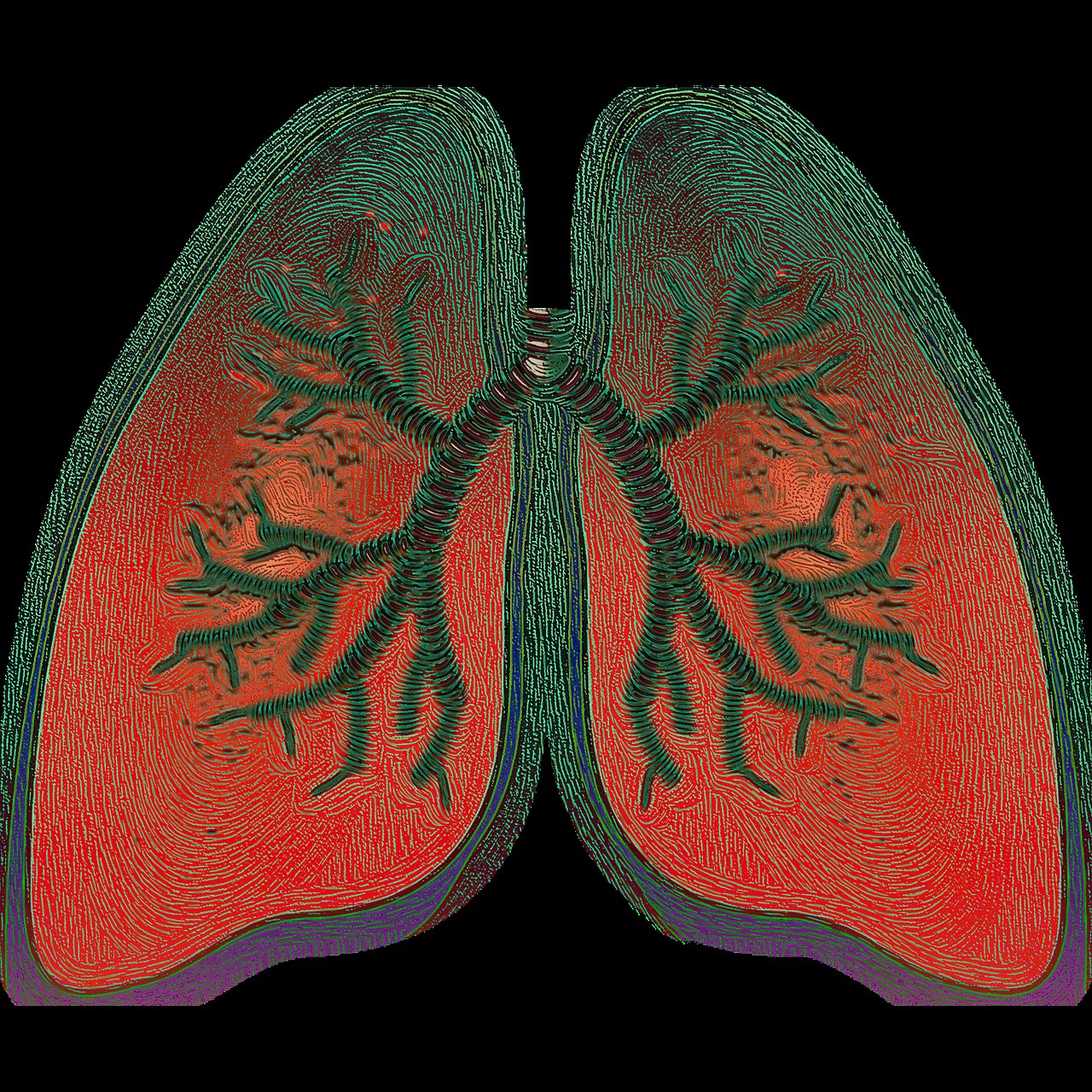According to researchers, a protein identified in human lungs could be activated to allow people with asthma to breathe easier. They also mention the promising results of a first drug tested on mice.
Asthma and chronic obstructive pulmonary disease (COPD) can lead to swelling of the airways leading to breathing difficulties in affected patients.
Asthma, on one side, affects approximately four million people in France. It is also responsible for nearly 60,000 hospitalizations each year. . Concerning chronic obstructive pulmonary disease (COPD), less well known, in 2010 it was estimated that 3.5 million the number of people affected in France (7.5% of the population), according to INSERM. Nevertheless, this figure is probably underestimated due to a high proportion of undiagnosed patients.
In recent work, researchers from the University of Glasgow and the University of Technology Sydney have discovered a new way to relieve both conditions.
Free fatty acid receptor 4 (FFA4) is a protein known to live in the gut and pancreas. Previous research has already revealed that when activated by dietary fat, this receptor can help regulate blood glucose levels.
However, it would seem that this protein is also nestled in the human lung. Based on this observation, researchers have developed a new class of drugs aimed at activating this FFA4 receptor in the lungs of mice bred to develop respiratory problems.
These treatments, can we read in the journal Science Translational Medicine , effectively reduced lung inflammation triggered by exposure to pollution, cigarette smoke, and allergens such as dust mites. They also helped to relax the muscles of the rodents' airways, thus promoting the entry of air into their lungs.
"We were surprised to find that by targeting a protein that until now was only activated by fish oils in our diet, we could relax the muscles airways and prevent inflammation “, says study author Andrew Tobin, from the University of Glasgow. “We are optimistic about the possibility of extending our discoveries and developing a new drug treatment for asthma and COPD “.

To Christopher Brightling, professor of respiratory medicine at the University of Leicester and co-author of the paper, this new mechanism "offers hope for new drugs effective for patients who do not respond to our current treatments “.
Asthma is indeed often treated by inhaling beta agonists such as ventolin, which causes the muscles to relax and allow the patient to breathe more easily. However, this type of medication does not work very well for everyone. And, to date, there are few alternative options for relieving acute attacks.
Of course, there is still a long way to go before the first human trials can be undertaken. Nevertheless, the identification of this previously unknown mechanism is promising.